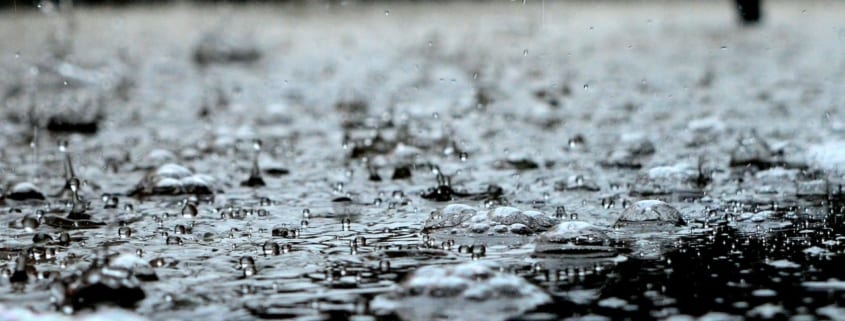Private Flood Insurance: Is It A Good Idea?
Whether man-made or natural, floods are some of the biggest and most destructive forces of nature known to mankind. According to WHO, up to 90% of all documented natural disasters have resulted from floods, cyclones, and severe storms over the last decade.
As floods continue to increase in intensity and frequency, it is time to ensure the safety of your home, business, vehicles, and other belongings. Flood insurance was built to do just that.
The sheer number of flood insurance claims made in the US shows that Americans know how important it is to have one. Research shows that in 2017, there were more than 227,000 claims valued at $10.3 billion.
What Is Flood Insurance And Why You Should Get It
We can’t control floods, but we can take measures that could ensure that we don’t suffer the consequences.
Property insurance won’t cover damage caused by floods, mandating the need for different types of coverage for your residential or commercial properties, especially if they are located in designated flood-prone areas.
Flood insurance is property insurance meant to cover the losses that a home or business faces due to water damage left behind by flooding.
If you have faced the devastating effects of flooding in the past, you would know how challenging it can be to manage its aftereffects and the importance of a flood insurance policy to help restore your place.
For many Americans, the National Flood Insurance Program (NFIP) is their choice of insurance provider. But if you have specialized requirements not covered under it, you may need to work with local insurance agencies.
Residential Flood Insurance
Flood insurance for your home, provided by NFIP, gives coverage that typically involves structural damage, some cleanup costs, and repair or replacement of personal items.
You can add additional coverage to the flood insurance with private agencies. This includes temporary living expenses, basement contents, unattached structures, and pool repair; NFIP doesn’t cover any of these. Additionally, private agencies offer dwelling and content coverage that is much greater than the $250,000 and $100,000 that NFIP offers, respectively.
Furthermore, NFIP requires an elevation certificate whose process is rather slow and expensive, something private insurance companies don’t need.
Commercial Flood Insurance
Flood damage in commercial areas can be highly expensive and poses a risk to all businesses. Over recent years we have seen the unpredictability of floods and them occurring in the regions outside of high-risk flood zones. Therefore, a business owner needs to have a flood insurance policy at hand.
While the NFIP provides a building and contents coverage of $500,000 each, private companies offer a lot more where building coverage is concerned. They also offer Business Interruption Coverage unlike NFIP, so if your business was closed after flooding for a certain period, you could collect a designated amount of money for that.
Additionally, if you have a Small Business Administration (SBA) loan, that is great news! SBA accepts private flood insurance to fulfill their flood insurance requirements.
Key Takeaways
Floods are natural disasters that we can’t control. If you can’t live in zones known for regular flood occurrences, you should be prepared for the consequences. This means dealing with the post-flooding situation and the resulting damage.
Your residential or commercial space and your belongings will need repair or replacement. While the NFIP provides flood insurance, your local Banas and Fickert Insurance Agency offers more benefits along with a simpler and more streamlined claims process.
Contact us today if you want flood insurance for your property.



